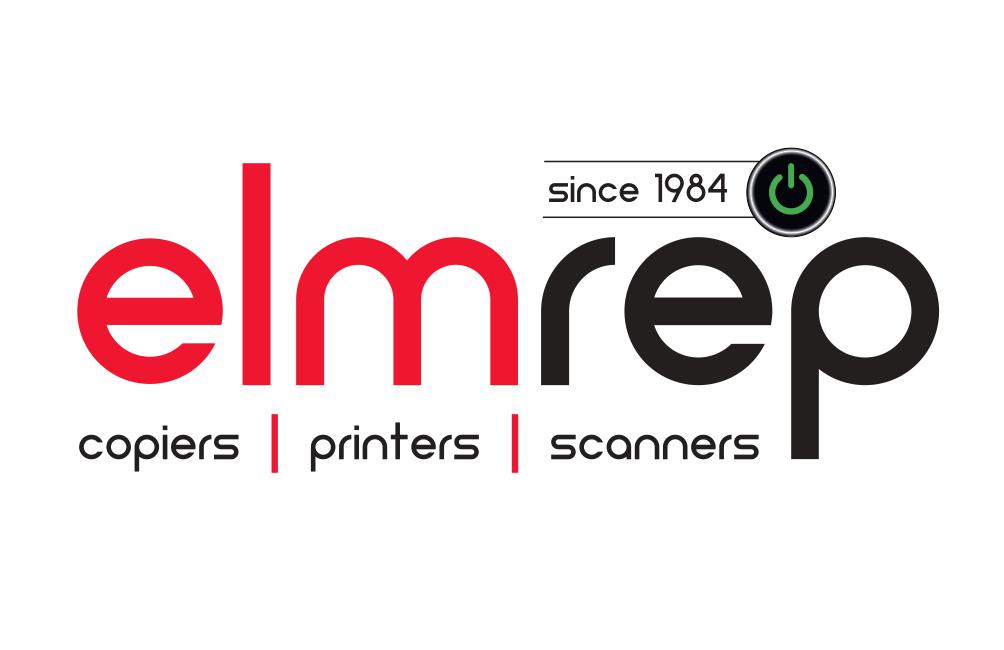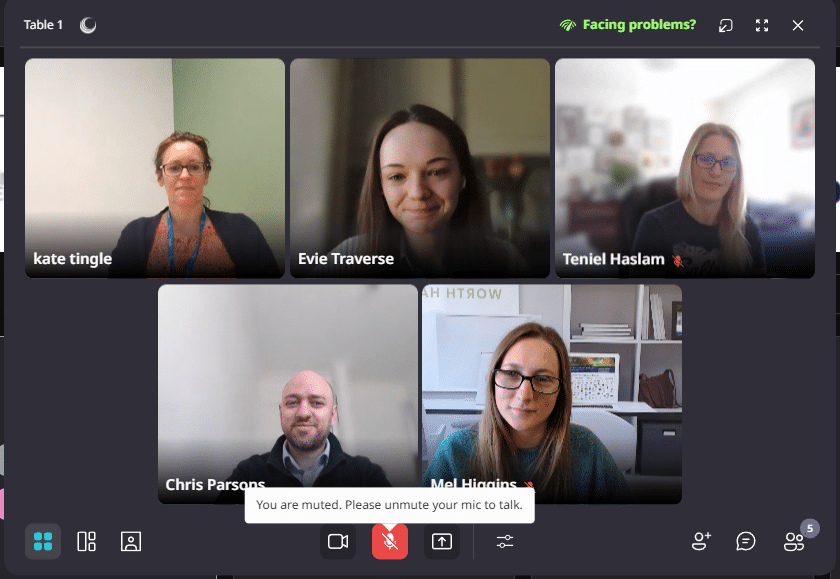In modern times where much legislation is put into place to protect workers, it’s important to understand your rights when taking on a new job and what you’re entitled to. We’re not just talking about minimum wage and reasonable breaks. There have been a number of reports this year alone that reflect on the intolerable conditions that a minority of people have faced right on our doorstep in the UK.
A scandal that reached the headlines in recent months was that of vulnerable workers in Wales who were being exploited for work. With long hours, little pay and poor living standards, the investigation shocked many. It was looked into at great depth by the Modern Day Slavery Team and found that many were British nationals working in industries such as bars, catering, hospitality, childcare and farming. There was also the high profile programme ‘The Real Mo Farah’ which revealed that the famous Olympian was illegally brought to the UK as a child and forced to work as a domestic servant. His honest and frank confession retraced his childhood and the journey that brought him to the UK using fake travel documents.
There are a number of red flags recruitment agencies such as Omega look out for when identifying if someone is at risk or an employer is exploiting their workers. There are signs to watch out for such as:
-
Whether they share a mobile number and contact details with another person
-
If someone who is not employed by Staffline or Omega are introducing a number of potential candidates
-
Whether there is a rise of non-English speakers
-
Multiple application forms have been submitted by one worker
-
Their physical appearance is unkempt
-
One worker provides food for other workers
-
There are rumours from other workers including general chat that may divulge valuable information about employees
-
The transporting of many workers together
-
We question how they found out about the vacancy – if for example they were pushed by a landlord this could indicate a sign of modern slavery
-
Is the person in front of us who they say they are – we always check for valid ID
It’s abhorrent to read that standards are not being met to this day, and as a recruitment agency that cares we do all we can to protect our candidates. Our stance on this very issue is one that will not be tolerated and we have widespread values about how we view modern slavery.
“As a group (Omega and Staffline), we recognise that modern slavery and human trafficking could be a potential risk and are committed to working with all organisations that take the issue as seriously as we do and who share our goal to reduce and eliminate this threat in the UK. We are all trained on what to look out for and take modern slavery very seriously. We have a duty of care to all of our workers and we really do care about each individual we employ so it’s imperative we build relationships built on trust to enable the right conversations to happen should anyone ever be at risk and need support, not just in modern slavery cases. This also enables us to hear from other workers who may have spotted / heard something we haven’t.”
We understand that high volume, blue collar roles are that which have the most potential to enable modern slavery. That’s why along with our strict compliance procedures, we take a number of extra precautions into account. These include:
-
Strict compliance measures – we are Home Office Trained to enable us to spot counterfeit rights to work or identify when someone may not be who they say they are. We also use software to confirm RTW documents are legitimate as well as performing Government checks where necessary to check settled status, etc.
-
We prefer to speak to each person on an individual basis, particularly if they have limited English speaking and we use internal translators to ensure no one is being forced to work.
-
We do not allow shared bank accounts, and bank accounts that we pay into must be in the individual’s name – the same applies to contact details to avoid exploitation.
-
We also check how many people live at one location / car share to ensure people aren’t being exploited or living in conditions that identify modern day slavery.
We act fast when we suspect that an employee is being exploited. All cases or suspicions are fed into the GLAA and we assist enforcement authorities to identify victims and find the perpetrators. We ensure that all our staff at Omega are up to date with the latest legislations and how modern slavery not only impacts businesses but our own workforce too. This is kept up to date with refresher training and ensuring that we are talking to workers at every opportunity. Communication is key and we encourage our team and consultants to have open channels where employees can build confidence to report exploitation.
The statistics speak for themselves that this is still a contemporary issue and we have cracked down on examples over the last few years. In 2019 alone we assisted with 41 investigations into modern slavery with the authorities which led to the rescue of 33 potential victims of slavery. We practice what we preach when vetting new clients and companies that come to us in the search of employees. We’ve been honoured to work with charities in this field that work tirelessly for positive change, and have assisted 27 survivors of modern slavery back into employment.
Our corporate responsibility is important to us and we pride ourselves on providing a respectable service to our candidates and clients alike. At Omega we provide a wide range of temporary, contract and permanent opportunities, in partnership with leading employers locally and nationwide. We’ll work with you to find that perfect candidate. Speak to our team on 01453 827333 to see how we can help you.
by Carys Pegrum




